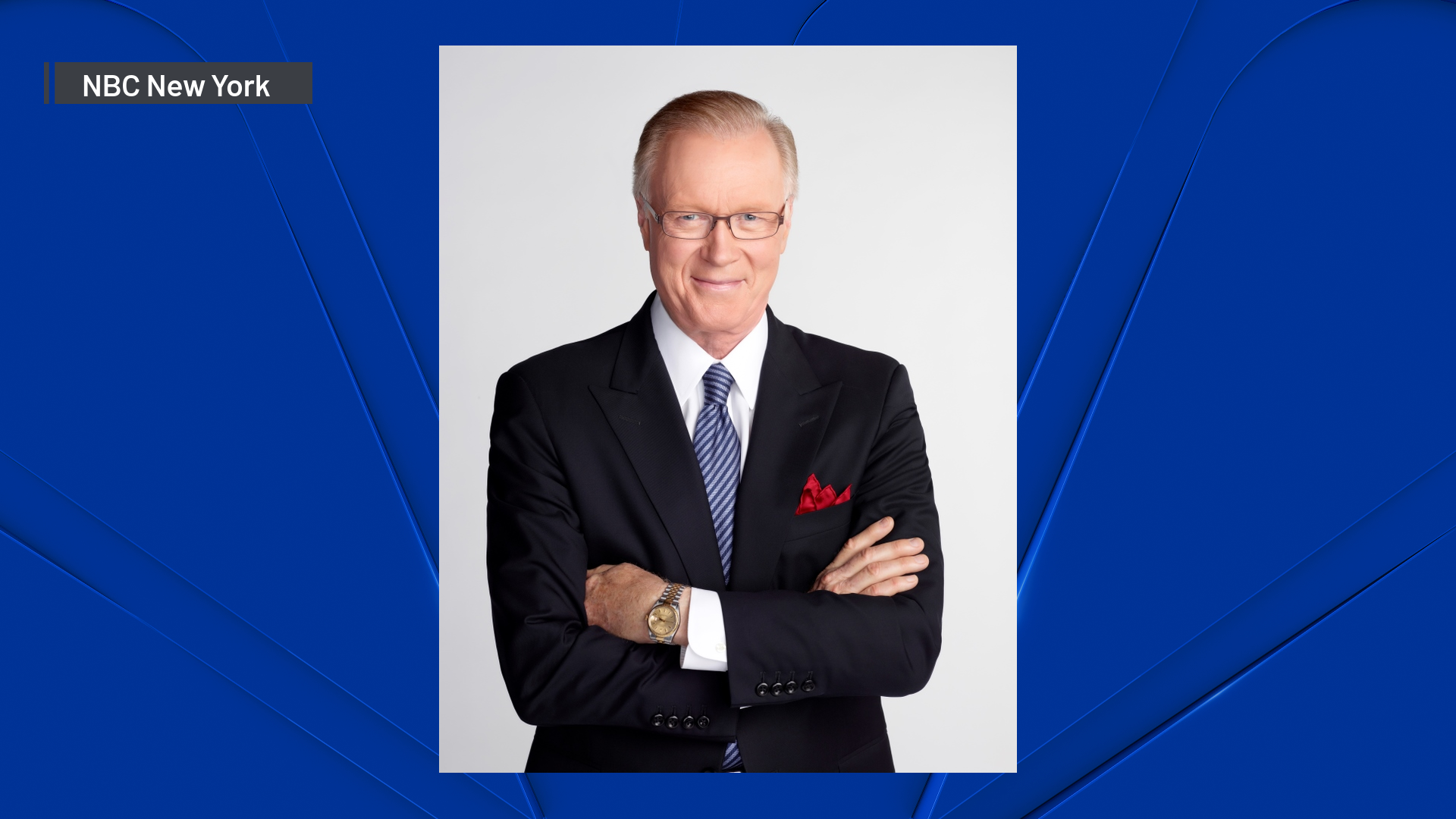A new bill is being proposed to boost the home health aide industry, as New York remains in the midst of a drastic shortage of workers in the field.
The bill, called the Long Term Care Workforce Support Act, calls for increasing salaries to attract people to the profession. Proposed by New York Sen. Kirsten Gillibrand, the bill also calls for $100 billion in federal grants and to improve labor protections.
Terry Ann Hamilton works three different jobs as a certified nursing assistant. Because she has no car, she relies on cabs to get to her jobs. At one of her jobs, she cares for two people at once, an elderly couple who have limited mobility.
"I feel like these girls are part of my family. They're so kind,” said 91-year-old Christine Dorsay, "I couldn't function all day without them."
Finding long-term care workers is increasingly difficult. New York currently faces a shortage of over 1.2 million home care workers. At the home health aide training institute on Long Island, people are trained to work in the field — and the school’s president said it's it’s not easy keeping up with the demand.
“The demand is great. Every day we have agencies calling. If we can't answer them on the phone, they just show up and ask please can we get your aides?” said Maria Santiago.
Get Tri-state area news delivered to your inbox. Sign up for NBC New York's News Headlines newsletter.
“Our long term care workers are essential,” said Gillibrand. “And they should be compensated and supported for the work they do.”
News
Gillibrand believes the shortage is due to the low wages paid for the job. Of the 3.7 million long term care workers in 2022, half earned under $30,000 a year, leading many to need public assistance.
“They need to work on our pay because of the volume of work and the nature of care we render to our families it’s overwhelming sometimes,” said Hamilton.
“It’s a very challenging job and it’s not easy, so I feel the pay should be up there,” said Remi Simone Turner, a student at the school.
Clients say the workers absolutely deserve higher pay.
“They walk into a house they never know what kind of patient they are going to get and whatever it is they do it,” said Dorsay. "They are just special people, they need whatever the government can give them."



